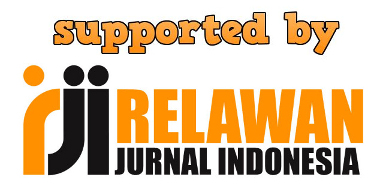Optimasi Kecepatan Sentrifugasi Sampel Darah untuk Pemeriksaan Diabetes Melitus Tipe 2 (T2D) Berbasis Molekuler
DOI:
https://doi.org/10.30590/joh.v12n2.5Keywords:
Type 2 Diabetes Mellitus (T2D); Centrifugation; Qualitative Test.Abstract
Type 2 Diabetes Mellitus (T2D) is a metabolic disorder caused by dysfunction of insulin secretion by pancreatic beta cells and the inability of insulin tissue to respond appropriately to insulin. Molecular-based examination can make it easier to determine appropriate diagnostic biomarkers and the biology of this disease appears long before clinical symptoms develop. Blood isolation samples from the buffy coat contained higher levels of DNA than whole blood samples. The aim of this research is to determine whether there are differences in the results of the centrifugation speed of blood samples for molecular-based examination of Type 2 Diabetes Mellitus (T2D). Optimal centrifugation speed can produce high-quality DNA required for molecular analysis, thereby improving the accuracy of diagnosis and effectiveness of T2D treatment. DNA contaminated by cellular debris can result in small amounts of DNA obtained for further analysis. The research was carried out qualitatively using descriptive experimental research using purposive sampling techniques. The total samples used were 25 samples, taken from 5 patients and then divided into 5 treatment groups (no centrifugation, centrifugation speed 500 rpm, 1500 rpm, 3000 rpm and 4500 rpm for 5 minutes). Test testing is carried out qualitatively (electrophoresis). The results showed that there was no significant difference in DNA visualization in molecular examination of T2D disease between blood samples that were not centrifuged and those that were centrifuged at speeds of 500 rpm, 1500 rpm, 3000 rpm and 4500 rpm for 5 minutes. However, centrifugation speeds between 1500 rpm and 4500 rpm showed thicker and clearer DNA bands.
Downloads
Published
Issue
Section
License
Copyright (c) 2025 Miftahul Mushlih, Fitrian Desi Prameswari, Jamilatur Rohmah, Andika Aliviameita

This work is licensed under a Creative Commons Attribution 4.0 International License.












